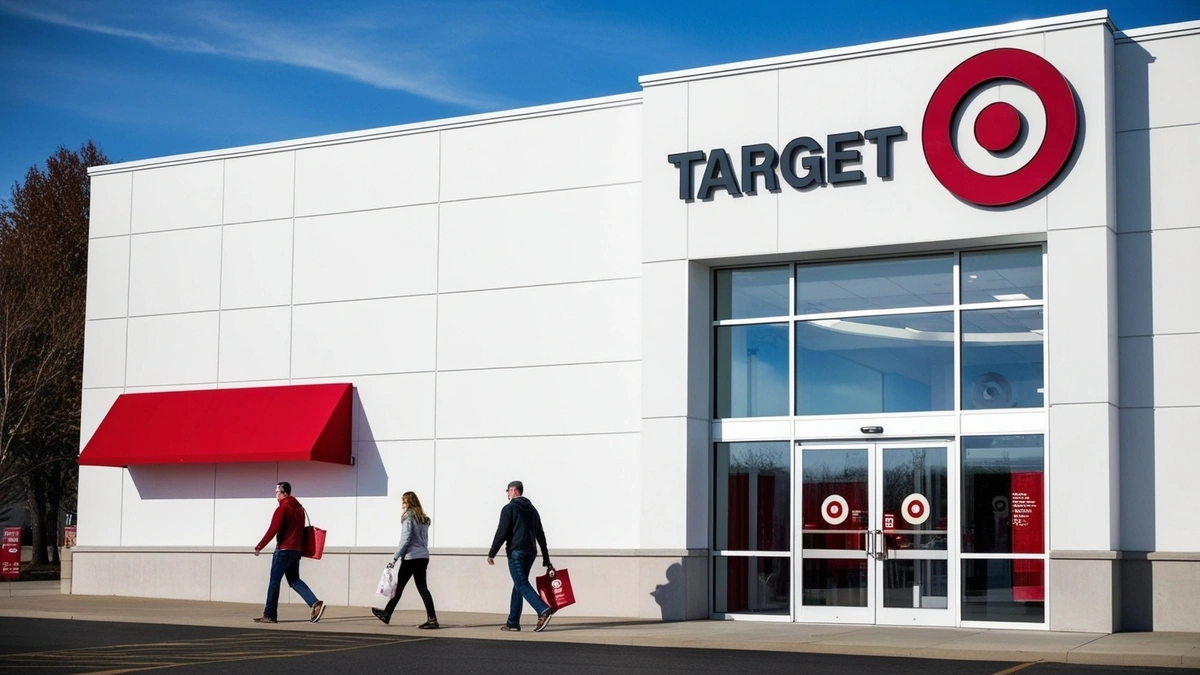In a significant move, Target announced Friday that it would be scaling back its Diversity, Equity, and Inclusion (DEI) initiatives, joining a growing list of major American corporations making similar decisions in the wake of increasing conservative pressure. The Minneapolis-based retail giant stated that its “Belonging at the Bullseye” strategy, which was designed to enhance diversity in its workforce, supplier base, and customer experience, would be adjusted to align with the evolving political and social landscape.
The company’s decision marks a shift in priorities, especially in the wake of widespread protests and calls for justice following the death of George Floyd in 2020. At that time, Target implemented several programs aimed at addressing systemic racial inequalities. One key program included efforts to help Black employees advance in their careers, support Black-owned businesses, and enhance the shopping experience for Black customers. However, Target confirmed that the program, which was part of a broader racial equity initiative, was already scheduled to conclude in 2025, and will now officially end sooner.
In addition to the termination of this specific initiative, Target also revealed it would conclude the DEI goals that had previously been set in three-year cycles. These goals had focused on increasing the representation of women and people of color in hiring and promotions, as well as increasing the recruitment of diverse suppliers—particularly those owned by women, veterans, LGBTQ+ individuals, and people with disabilities.
Conservative Backlash and Corporate Pressure
Target’s scaling back of DEI initiatives comes amid a broader pushback from conservative groups against corporate diversity programs. This shift reflects a significant transformation in the U.S. civil rights landscape, which has been in flux since the 2020 Black Lives Matter protests and the political shifts following the election of President Donald Trump.
Earlier this week, President Trump, in alignment with conservative viewpoints, expressed his agreement with the notion that policies prioritizing race, gender, and sexual orientation in hiring practices and other corporate initiatives are unconstitutional. Trump’s stance, coupled with the 2023 U.S. Supreme Court decision banning affirmative action in college admissions, has emboldened conservative activists, resulting in lawsuits and increasing pressure on companies to abandon their DEI programs.
Large corporations, including Walmart, McDonald’s, Ford, Harley-Davidson, John Deere, and Lowe’s, have all announced similar moves in recent months, reducing or entirely phasing out their DEI commitments. Target, a company that has historically been recognized for its efforts in inclusivity—especially regarding LGBTQ+ rights—now faces difficult decisions about how to balance its long-standing values with evolving consumer expectations.
Target’s Changing Strategy and the Future of DEI
In a memo shared with employees, Kiera Fernandez, Target’s Chief Community Impact and Equity Officer, framed these changes as part of a “next chapter” for the company. She emphasized that the modifications were driven by years of data, insights, and “listening and learning” as Target navigates an increasingly complex and shifting environment.
“Many years of data, insights, listening, and learning have been shaping this next chapter in our strategy,” Fernandez stated. “As a retailer that serves millions of consumers every day, we understand the importance of staying in step with the evolving external landscape, now and in the future.”
While the shift in strategy aligns with broader industry trends, it also highlights the ongoing challenges companies face as they balance social responsibility with public pressure. While some corporations, like Costco, continue to resist calls to scale back their DEI efforts, others like Target have opted to reassess their commitments to avoid backlash from various political and social factions.
Controversy Over Corporate Diversity Surveys and Pride Campaigns
Further complicating Target’s position is its past involvement in surveys, including the Corporate Equality Index by the Human Rights Campaign, an LGBTQ+ rights organization. The retailer indicated it would no longer participate in such evaluations as part of its reevaluation of corporate partnerships. The decision to pull back from such partnerships signals a broader corporate trend of distancing from organizations that focus on social justice or advocate for the rights of marginalized groups.
Additionally, in recent years, Target has faced backlash for its public support of LGBTQ+ rights, particularly surrounding its Pride Month campaigns. In 2023, the company removed certain Pride Month products from shelves in response to social media campaigns targeting LGBTQ+ items. While the move was seen by some as a response to anti-LGBTQ+ pressure, it also underlined the ongoing tensions between corporate inclusivity initiatives and conservative activism.
Despite these challenges, Target has reiterated its commitment to fostering an inclusive environment for both employees and customers. However, how this commitment will evolve in the face of growing pressure to reduce DEI initiatives remains to be seen.



